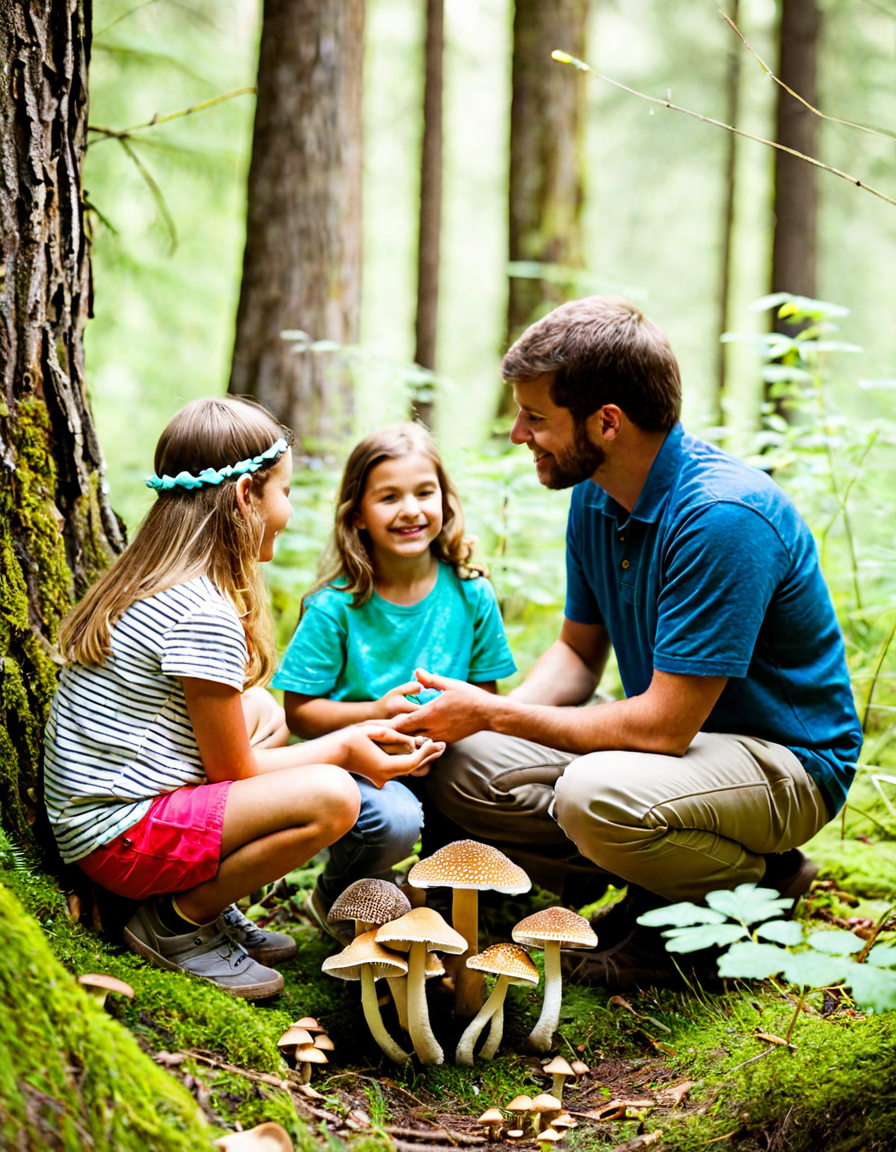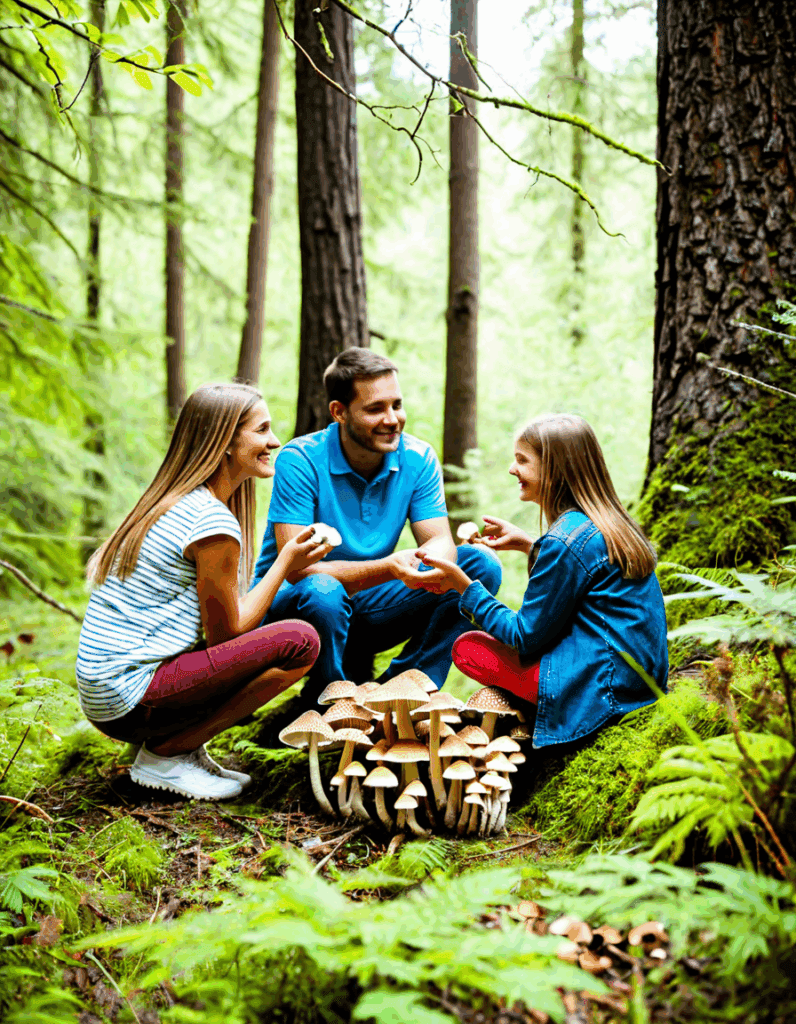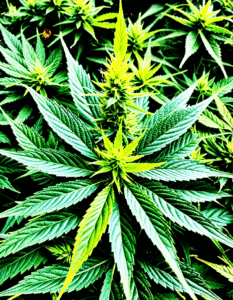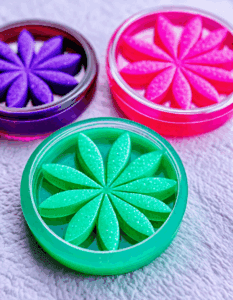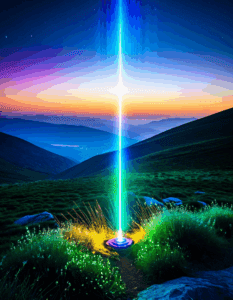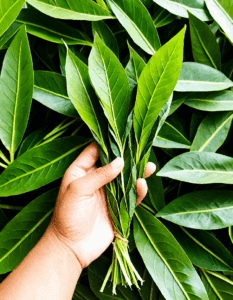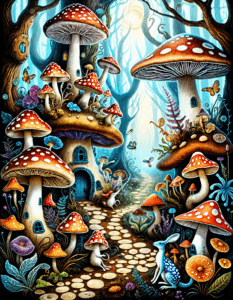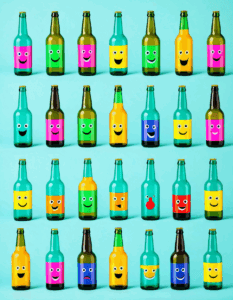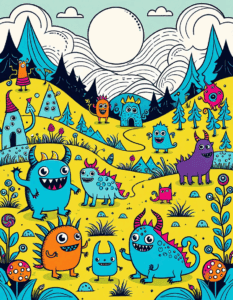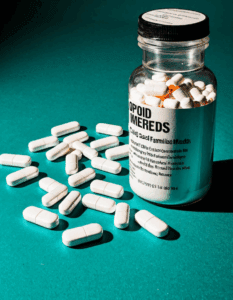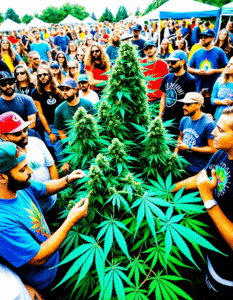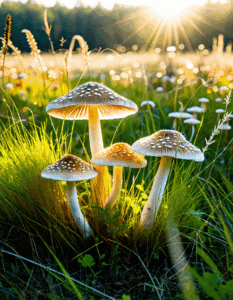Mushrooms, particularly those containing psilocybin, have stirred up a whirlwind of discussion regarding their safety and possible therapeutic benefits. With interest in psychedelic therapy on the rise and legal changes occurring in various areas, many wonder, “Are shrooms bad for you?” At Mothers Against Addiction, we’re here to help you understand this multi-faceted subject, especially if you’re a parent with concerns about your child’s well-being.
Understanding the potential benefits and risks of psilocybin mushrooms is essential. These discussions become even more important for parents whose children may be struggling. The fact remains that open conversations can strengthen bonds and pave the way for healthier choices. Let’s break it down together.
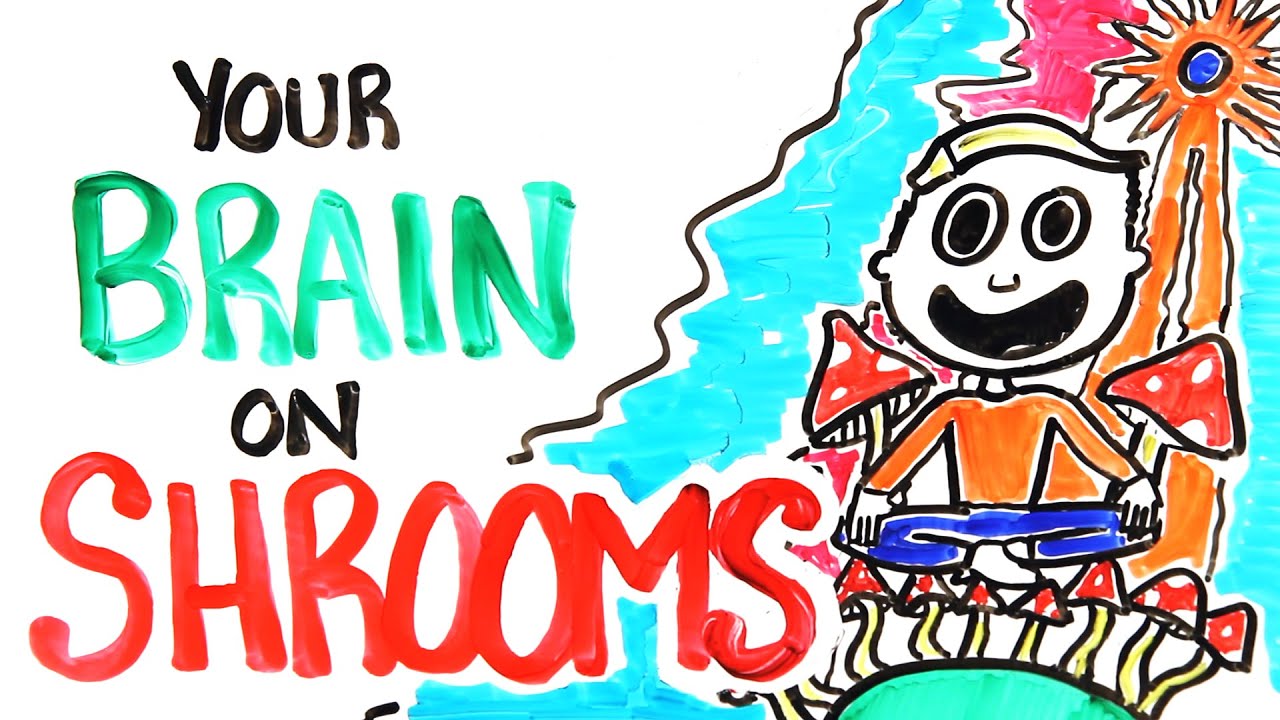
Top 7 Facts about Shrooms: Risks and Benefits
Psilocybin mushrooms can provoke strong psychological reactions, leading to experiences that vary from vivid imagery to an altered sense of time and reality. Research shows that, in controlled environments, such experiences can foster breakthroughs in treating ailments like depression and anxiety. However, it’s essential to recognize that not all experiences are uplifting; some may lead to “bad trips,” resulting in lingering anxiety or paranoia. This reality serves as a stark reminder for parents to approach the subject with care.
Emerging studies, including those found in The American Journal of Psychiatry, underscore shrooms’ potential to promote neuroplasticity—how our brains adapt and reorganize themselves. This reshaping can potentially aid in overcoming PTSD and depression by facilitating emotional breakthroughs. Nonetheless, it’s crucial to remember that individuals with elaborate mental health histories could react differently. Parents should remain vigilant and encourage their children to seek medical supervision if considering these substances.
While shrooms aren’t generally seen as physically addictive, that certainly doesn’t mean they’re risk-free. Users may experience nausea, vomiting, or changes in heart rate and blood pressure. Prolonged use can heighten these risks, especially for people with existing health issues or those taking medications. Awareness of physical reactions helps build a safety net for your loved ones.
A significant question remains regarding whether psilocybin can create addiction. Current research suggests that they are not physically addictive. Studies, like those from the University of California, find little evidence of compulsive use among individuals. But, that doesn’t mean psychological dependence is impossible, especially if someone uses shrooms as an emotional crutch. Parents must remain informed and vigilant as they guide their children through the complexities of potential substance use.
The legality of psilocybin mushrooms varies widely. Some areas, like Oregon, fully embrace their therapeutic use, while others impose stringent penalties. This inconsistency has profound implications for safety and responsible use, as individuals seeking these outlets might not have the proper support systems available to them. As parents, staying informed about these legal landscapes can help facilitate essential conversations with your children.
The changing narrative around shrooms can lead to misuse, particularly among youths looking for a recreational escape. Loosely tied anecdotal evidence suggests that while they’re less likely to create addiction compared to drugs like opioids, their use in uncontrolled environments can result in risky behavior. Parents should be prepared to discuss these risks and emphasize the importance of making informed decisions, steering clear of potentially devastating consequences.
If individuals choose to explore psilocybin mushrooms, employing harm reduction strategies can make a significant difference. Starting with lower doses, choosing safe environments, and having supportive individuals present during experiences are crucial measures. These actions aim to minimize risks while maximizing the possibility of positive experiences. It’s all about steering the ship safely through murky waters.
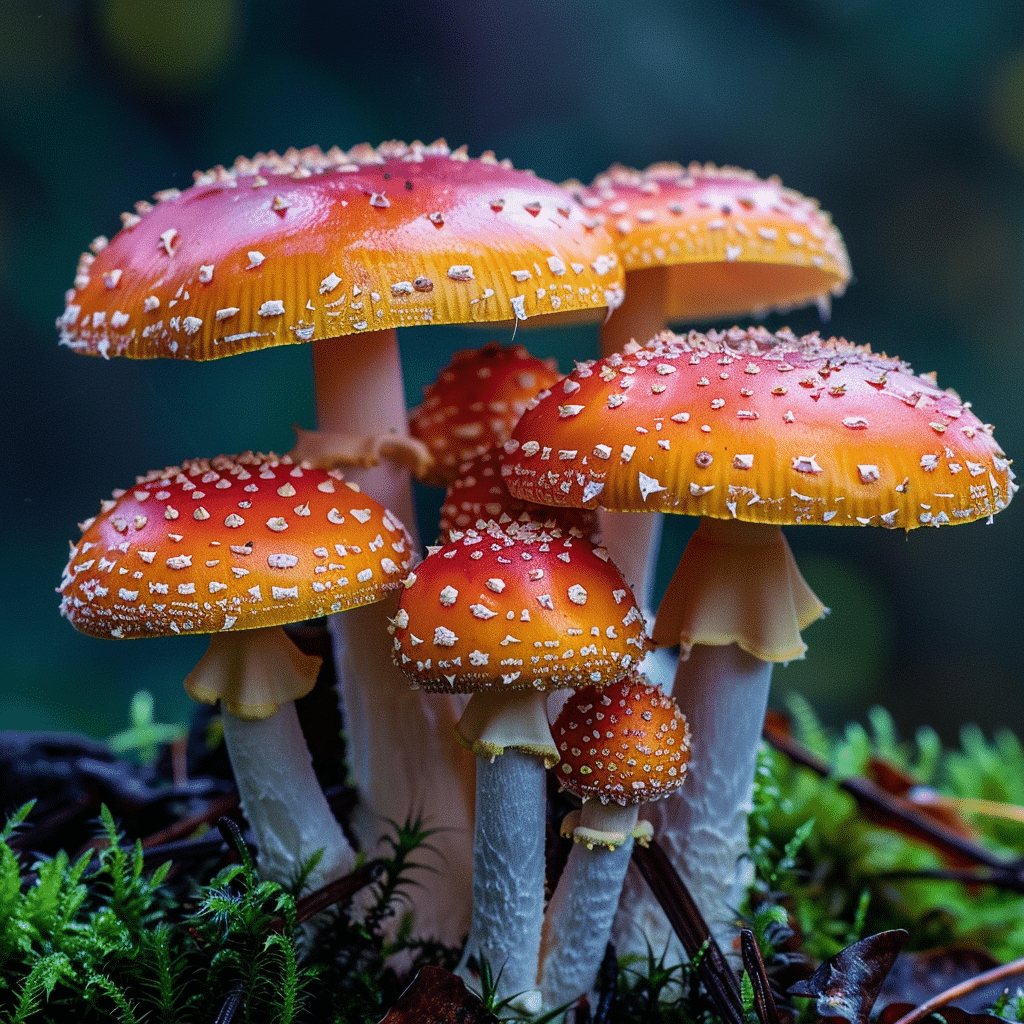
Innovative Wrap-Up
The question, “Are shrooms bad for you?” doesn’t yield a clear-cut answer; context, user intent, and individual circumstances play vital roles. As the understanding of psychedelics evolves, grasping both their potential benefits and risks becomes paramount. If you’re a parent of a child wrestling with addiction, being informed is crucial.
Understanding substances like psilocybin mushrooms not only helps protect your children but also nurtures communication. At the end of the day, your support and knowledge can guide them toward making safer, healthier choices. We’re all learning together in this ever-shifting landscape; let’s embrace that journey hand in hand. Open dialogues about mental health and substances are essential—let’s foster them in our families for a brighter, healthier future.
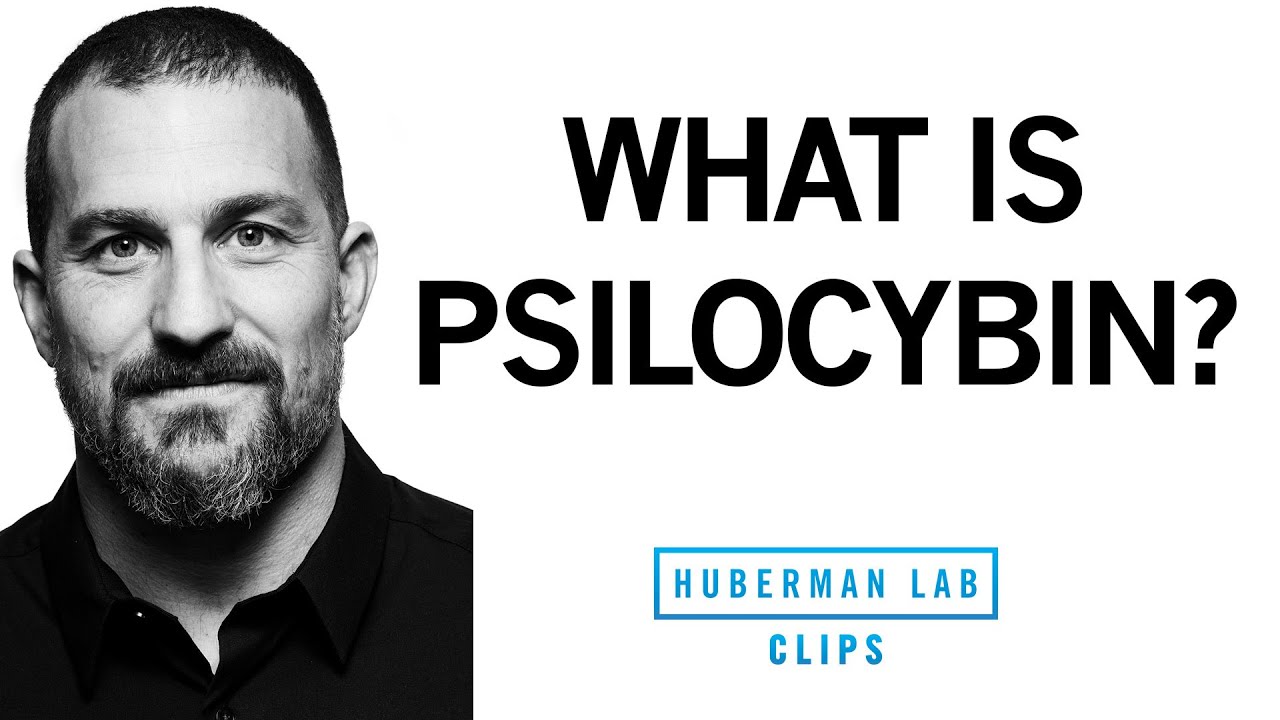
Are Shrooms Bad For You?
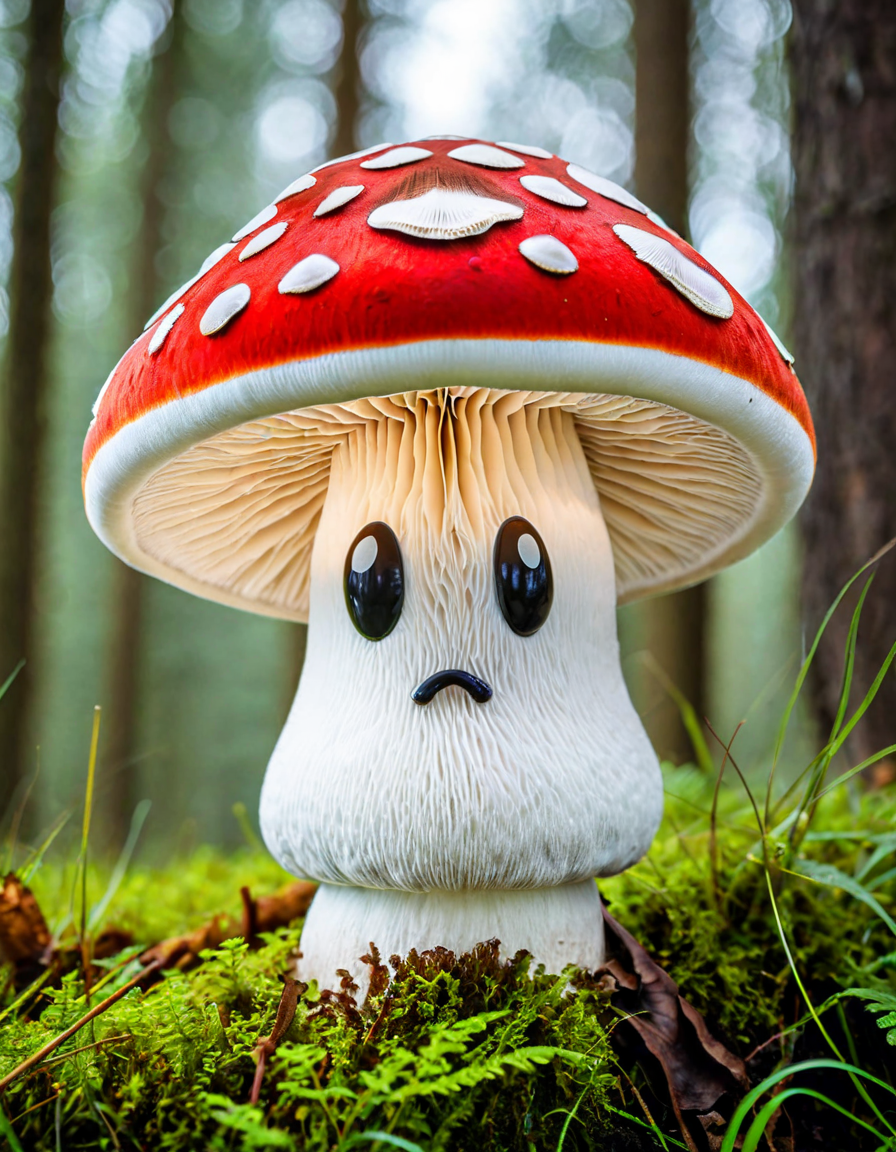
The Psychedelic Journey
So, are shrooms bad for you? Well, that’s a hot topic in today’s discussion about substances and their impact on health and behavior. Often touted as a natural remedy for various mental health issues, magic mushrooms contain psilocybin, which alters perception and mood. Interesting enough, studies are emerging, hinting that they might be beneficial in treating depression and anxiety. However, just like with marijuana, where some people develop a marijuana use disorder,( shrooms can lead to psychological distress in others. It’s a bit of a gamble, if you ask me!
Did you know that Park Bom, a famous K-pop artist, has spoken out about her own struggles with addiction? Her openness sheds light on how various substances can affect people differently. Just as shrooms might uplift one’s mood, they can also bring on anxiety or paranoia, especially in those predisposed to mental health issues. It’s all about understanding your own body and mind, much like how one might feel after watching the popular Cocomelon Wheels on The Bus( show—great for some kids, but overwhelming for others.
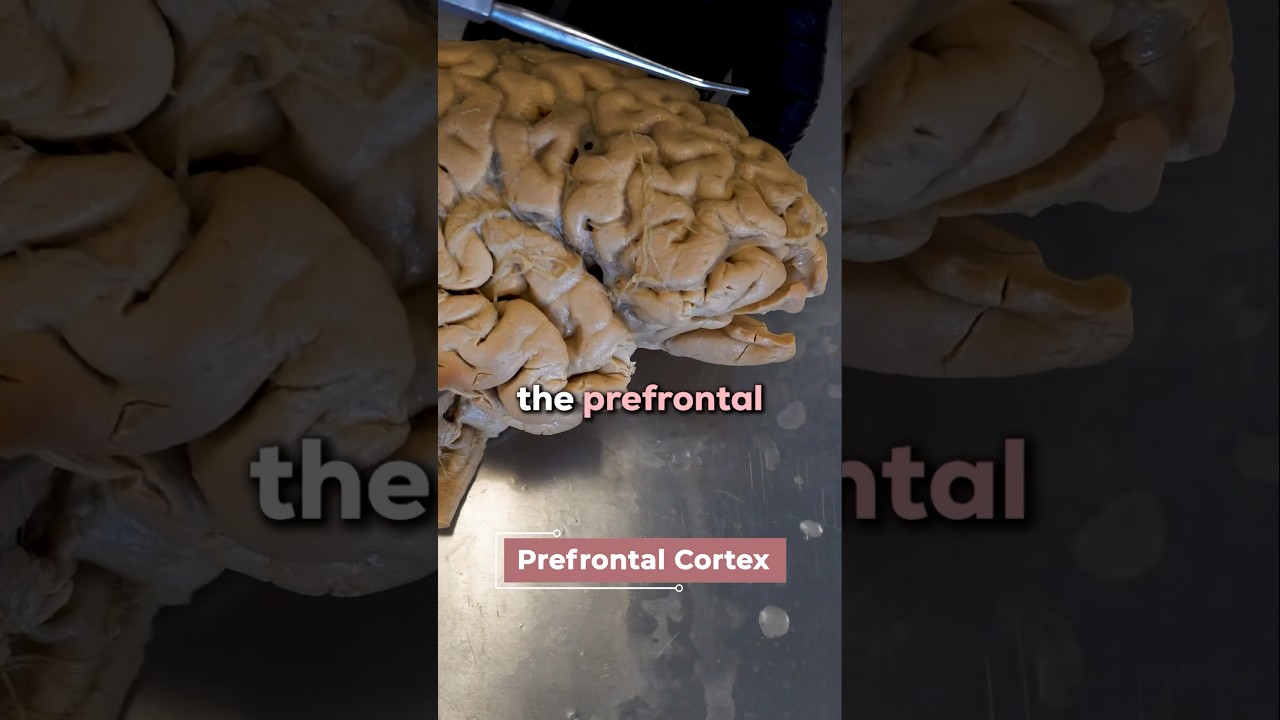
Risks and Realities
When considering whether are shrooms bad for you, it’s crucial to remember that they aren’t free of side effects. While many may report euphoric experiences, the unsettling sensations can lead to a bad trip. Just like those classic police dramas featuring Kojak,( where the situations often twist unexpectedly, shrooms can take you on an emotional rollercoaster that’s hard to predict. Plus, combining shrooms with other substances can amplify risks.
In recent years, there’s been buzz about new approaches to pain management, including a new pain medication approved by Fda( that aims to change how we handle discomfort. This highlights the ongoing quest for safe solutions, as with any substance use. Remember, understanding the implications of shrooms is fundamental—it’s not just about the highs, but also the possible lows they can trigger.
Conclusion: The Bottom Line
So, what’s the takeaway when pondering, are shrooms bad for you? It’s all about context. Some individuals use them and come out inspired or with a new perspective, while others may struggle with lasting effects. Just as opium’s impact is complex, as seen in discussions asking What Does opium do,( the experience with shrooms can vary widely.
Additionally, fascinating trivia surrounds them! For instance, Caroline dhavernas, an actress known for her role in various psychological thrillers, brings drama to the subject just by her association with topics that test the human mind. And, speaking of mind-bending experiences, if you’ve come across the term Pcp,( it’s often contrasted with psychedelics like shrooms. As the conversation around substances continues to evolve, it’s vital to keep informed and consult professionals, especially if you’re exploring any of these avenues. Keep this in mind while you navigate your choices and support those around you.
